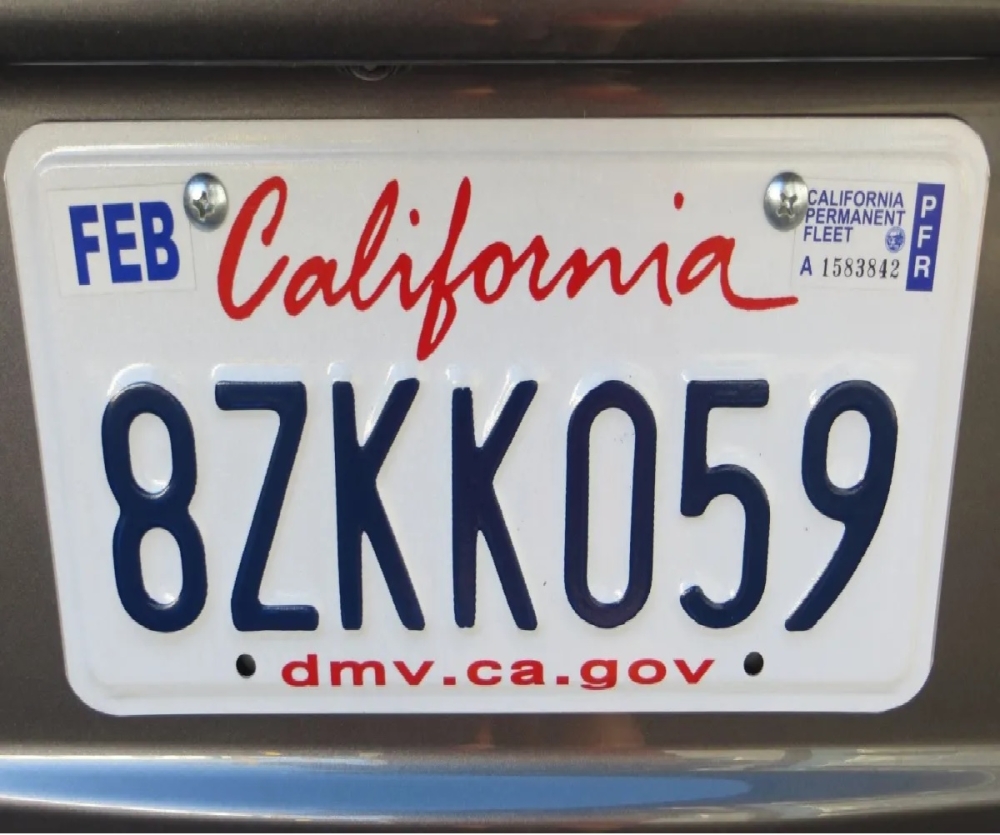Detecting and preventing fraud is just one of the many benefits that blockchain technology offers. On the other hand, the security of on-chain digitalization is being used in practical applications, in contrast to certain other unfulfilled promises.
In an effort to discourage lien fraud, the Department of Motor Vehicles (DMV) in California used blockchain technology to digitize tens of millions of car titles registered in the state. Ava Labs' Avalanche blockchain now houses up to 42 million automobile titles as part of the state's endeavor to update the title transfer procedure for California drivers and DMV agents.
According to Andrew Smith, president of Oxhead Alpha, one of the main technology suppliers involved in the project, "widespread adoption of secure systems is possible with blockchain infrastructure as consumers continue to demand more automation and expect the ability to transact life online."
Large financial institutions have long had access to these networks, but average citizens have not benefited much from them. In the end, we think, value transfer will be integrated into the system itself, demonstrating the technology's scalability and allowing other countries to adopt comparable strategies.
John Wu, president of Ava Labs, continued, "Blockchains are the most cutting-edge tool any organization can leverage to maximize efficiency, maintain compliance, and protect consumer data—vital components for a government serving its constituents."
A smartphone app that will be accessible by early 2025 will allow Californians to view and retrieve their car titles. And that was only one piece of information from a full week's worth of Web3 and cryptocurrency news, as the industry seeks to capitalize further on the innovative uses of blockchain technology.
The Bank of England said on Tuesday that it is starting a fresh round of trials with central bank digital currencies (CBDCs) for retail usage, which is a sign of the times as blockchain is starting to gain traction in the financial industry. The bank announced that as part of its trials to guarantee that all kinds of currency, digital or not, are interchangeable with one another, it will collaborate with the Treasury, the Payments Systems Regulator, and the Financial Conduct Authority.
Supply chain management, identity verification, healthcare, finance, and other regulated industries can all benefit from blockchain technology, according to PYMNTS Intelligence.
The shutdown of Silvergate Exchange Network (SEN) and Signature Bank's Signet platform left a void that was filled by the recent real-time payment and settlement networks that Amina Bank and Sygnum Bank of Switzerland launched. Supporting cryptocurrency businesses to "execute trades and settle positions more quickly" is the goal.
But that's not all. According to reports, State Street is considering a variety of blockchain payment settlement solutions. The banking and financial services company is thinking about launching its own stablecoin, deposit token, and digital-cash consortium. It is also thinking about expanding settlement alternatives through its stake in the blockchain payment startup Fnality.
Along with PayPal, which unveiled its own stablecoin, Visa and Mastercard, which facilitate stablecoin-based settlement, and JPMorganChase, which is investigating deposit tokens, State Street will become a part of the growing list of businesses investigating or utilizing cryptocurrency settlement.
"Using cryptocurrencies for cross-border payments could be the winning use case that the sector has been looking for," according to additional study by PYMNTS Intelligence.

Categories

Magazine Editions



















